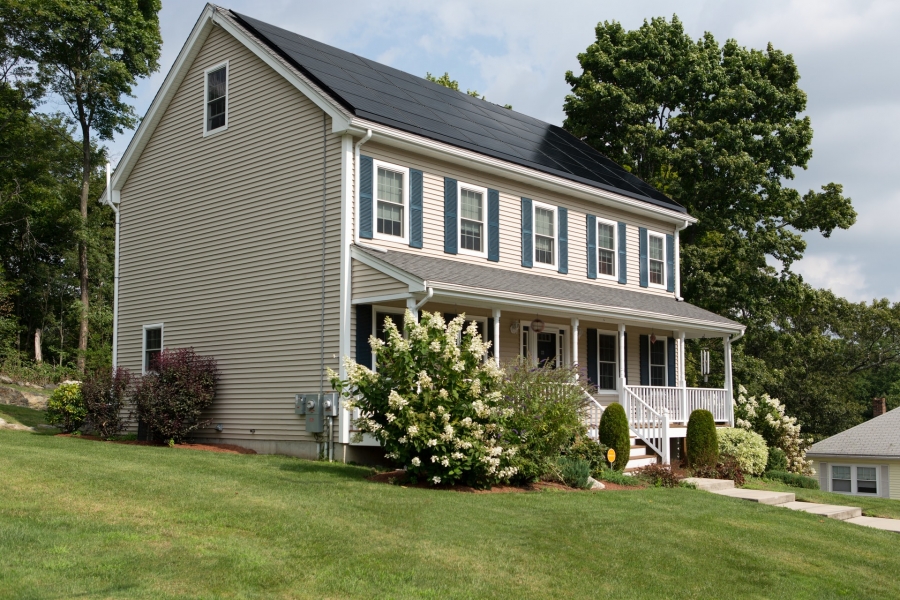Buying solar panels for home is an expensive investment that costs tens to hundreds of thousands of dollars. Therefore, you want to purchase the right solar system and have it installed properly from the onset.
When done right, solar panels will serve you for 20-30 years, lower your energy bill considerably, and improve the value of your home. Below are 4 mistakes to avoid, as they can cause you solar panel regrets.
-
1. Sourcing Parts Separately
In an effort to save on solar panels costs, some people opt to build Frankenstein systems, whereby they source the various parts separately and have a solar systems expert put them together.
Often, the parts do not match. For example, the inverter may be undersized, the panels may not fit on the mount, or the battery may be a mismatch for your charging source. You end up with a total system failure that is costly and hazardous.
-
2. Overpaying for the Solar System and Its Installation
Getting multiple quotes for the solar system and its installation is important. Compare the quotes not just based on price but also on the range of services offered.
Most companies provide solar system installation and maintenance services, either as a free after-sale service or at an additional cost. If you are applying for a lease or loan, compare interest rates and costs by various service providers.
Check consumer reviews for prospective suppliers and service providers on forums such as Reddit and review websites like Pissedconsumer.com. The customer feedback will indicate if the companies are reliable.
Aside from the overall rating, read the consumer reviews to identify if there are recurrent issues when dealing with a company. Look out for complaints about poor product quality, customer service, unfavorable lease terms and policies, unprofessional technicians, and bad solar panels installation.
-
3. Choosing the Wrong Type of Solar Panels
There are 3 main types of solar system designs—on-grid, off-grid, and hybrid. On-grid solar systems are the most common. They are connected to the public electricity grid. As such, the system does not require batteries.
Suppose there is not enough solar to meet your power needs; the switchboard imports electricity from the grid to cover the shortfall. The main downside of this system is that if there is a power outage in the main grid, you will also have a blackout.
Off-grid systems are not connected to the main grid. They are most suitable if your house is not connected to the public electricity grid, e.g. if you live in a remote area. Since there is no supplemental power source, the solar panels have to generate enough power to meet all your energy needs.
Off-grid solar systems are more expensive than on-grid systems as they require expensive batteries and invertors. You may also need a backup generator to supplement the energy in the winter season when the solar system cannot produce enough power.
Hybrid systems are more complex to install and require a high level of expertise. They are connected to the main grid and have a battery for power storage. The battery is the main power supply, but once the stored energy is depleted, the grid serves as a backup.
-
4. Wrong Size
The right size of a solar system depends on various factors, including your energy consumption, power rating, battery size, energy efficiency, sun hours per day, and the number of panels.
It is best to consult with a solar systems expert about the ideal size of a solar system for your home. They will accurately calculate your daily energy consumption and recommend the most suitable solar system size according to its efficiency, power rating, and output.
When sizing, keep in mind that solar panels lose 0.5-1% efficiency annually. Therefore, in 20 years, the solar system will have lost 10-20% efficiency. Therefore, account for the efficiency loss when choosing a solar system.
-
5. Are They Worth It?
Are solar panels worth it? Yes. They lower your energy bill and improve the value of your home. However, the caveat is that you have to choose the right solar system design, layout, and size for your home.
It is best to get a complete unit from one supplier instead of sourcing parts separately. Also, check online reviews to establish the credibility of prospective products, suppliers, and installation service providers.







